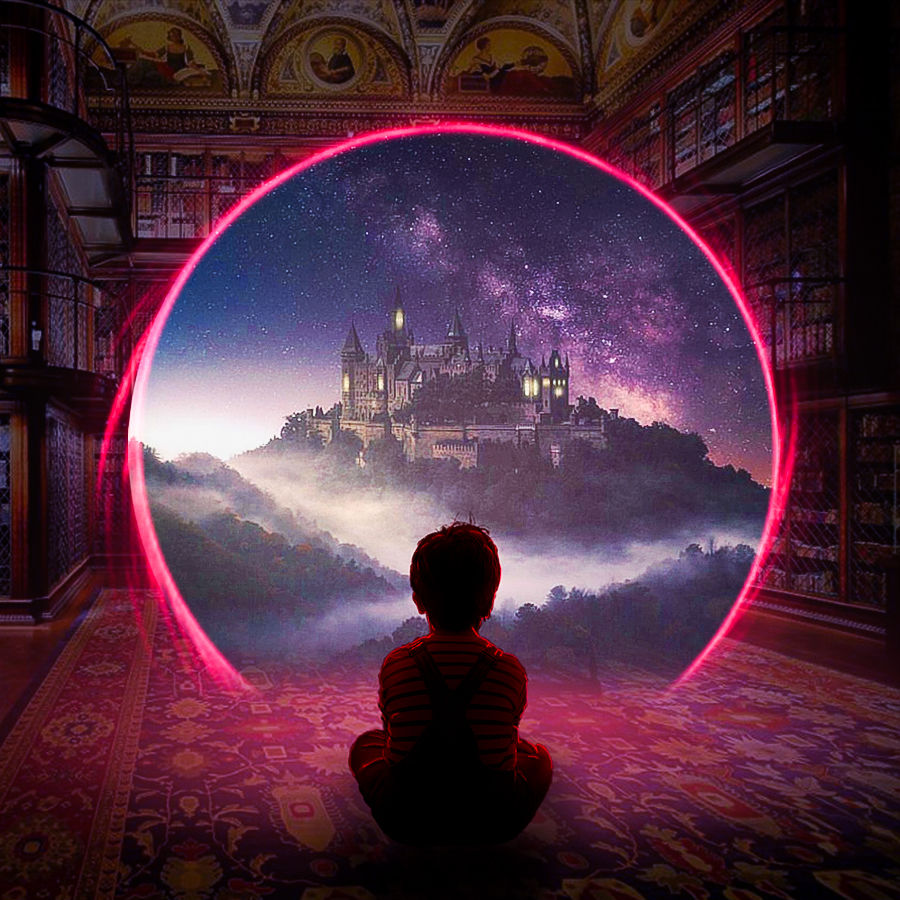Before I was even in preschool, my mom gave me a book of fairytales. I couldn’t read
it at first, but the colorful pictures of the rabbits and mermaids kept me interested
regardless. When I finally learned to read after stumbling through new words in my
kindergarten class, coming home and uncovering the hidden meaning of those fairy tale
images was my first order of business. It made me feel independent. There I was, reading
this massive book all by myself, no mother in sight.
As I got older, that book was taken from the shelf less and less often, but it had
already done its work. I breathed fantasy, and I inhaled my junior high library’s
section on it. If a book had a dusting of magic, or the faintest whisper of a dragon’s
roar, I had already snatched it from its place. By the second month of school, the
librarians had my student number memorized.
I read about infinite worlds, each more fantastical than the last. With rose-tinted
glass adorning every wall of my mind, the room I was standing in began to seem bland.
I was no witch or warrior. There was no Hogwarts letter or prophecy with my name on
it. It seemed to me that I was stuck in the one world without magic.
And, well into college, I still am. But now I have more appreciation for what has
been done without magic. Monuments were built. Wars were won, nations created, treaties
signed. All through people like me—and maybe with a little luck. If that can be considered
magic, then ten year old me would be elated. Regardless, I am pleased to share a history
with people who created legends without incantations or spells.
I want to join the ranks of the people who have forged their own way through this
magicless world of ours, as someone willing to create the narrative of their own life
without paper, pen, or wand. So, I think I’ve reached my “storyboarding”: the amount
of stories it takes for a child to want to write their own.

